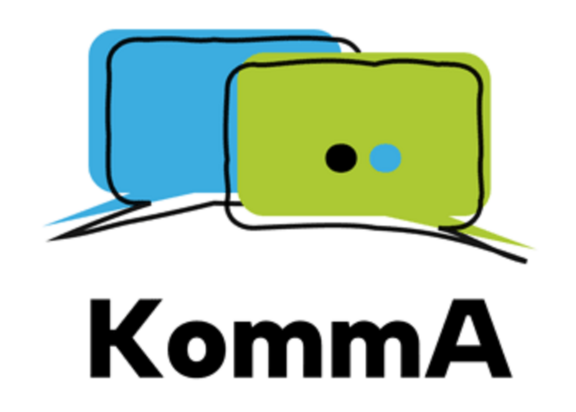
Ageing people with (profound) intellectual disabilities and their (private and professional) supporters
Oct. 2024 - Sept. 2027
People with (profound) intellectual disabilities frequently experience communication impairments, which tend to intensify with age. Several factors contribute to this increased risk.
On a psychosocial level, aging may lead some individuals to withdraw from communication, while others increasingly seek attentive conversation partners with whom they can share their experiences or concerns. Compounding this challenge is the possible absence of familiar caregivers—whether professionals or family members—who previously facilitated effective communication.
On a physiological level, age-related decline can hinder verbal expression and complicate the use of alternative communication methods, such as speech-generating devices or pictogram-based aids. Dementia-related illnesses, which are almost invariably associated with communication limitations, deserve particular attention. People with intellectual disabilities face a heightened risk of developing dementia, often at an earlier age and with a reduced capacity to compensate for its effects. As a result, dementia occurs more frequently and progresses more rapidly in this population compared to the general public.
The KommA project addresses these challenges by identifying the communicative needs of aging individuals with intellectual and complex disabilities. Based on these findings, practical materials will be developed, tested, and refined to support documentation, communication, and guidance for both professional and informal caregivers.

The project begins with a review of existing research, followed by an exploratory data collection phase, including participant observations in day-care and residential settings and focus group interviews with caregivers. The findings will identify key factors for enhancing communication opportunities and inform the development of diagnostic and support materials. These materials will be tested in practice settings to evaluate their effectiveness and applicability. Based on the results, the materials will be refined to ensure their quality and usability in improving communicative processes for this target group.

Please write to us at:
komma-koeln@uni-koeln.de
